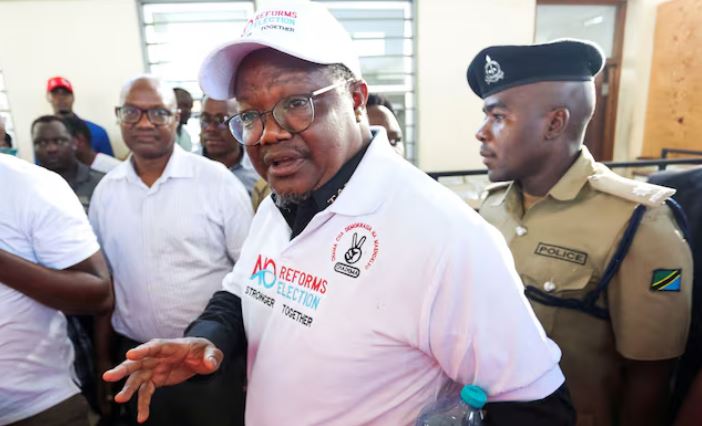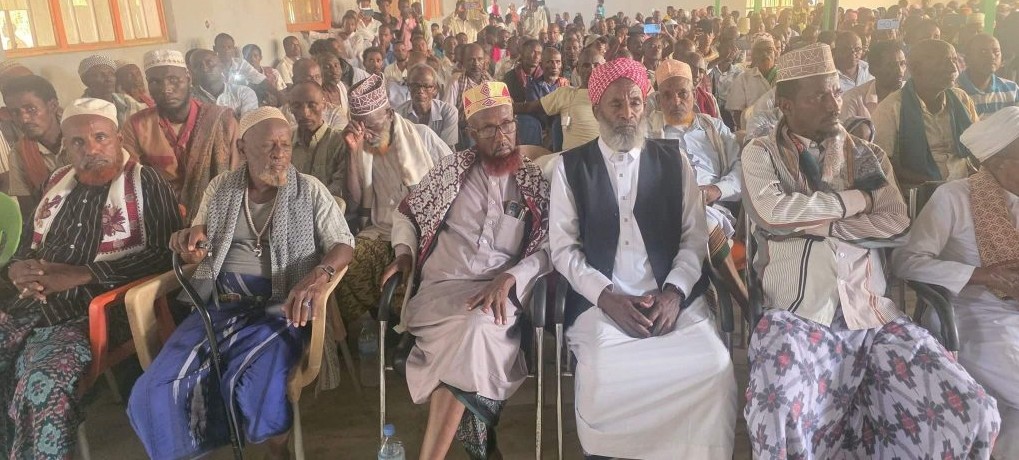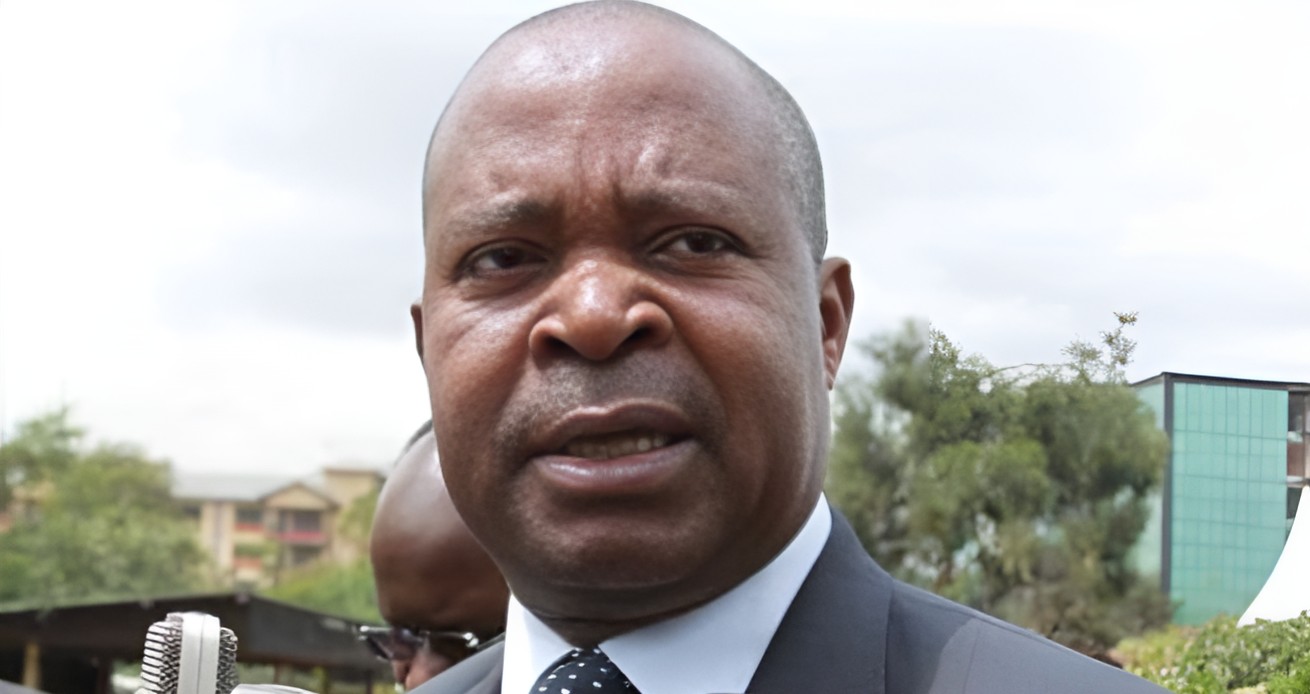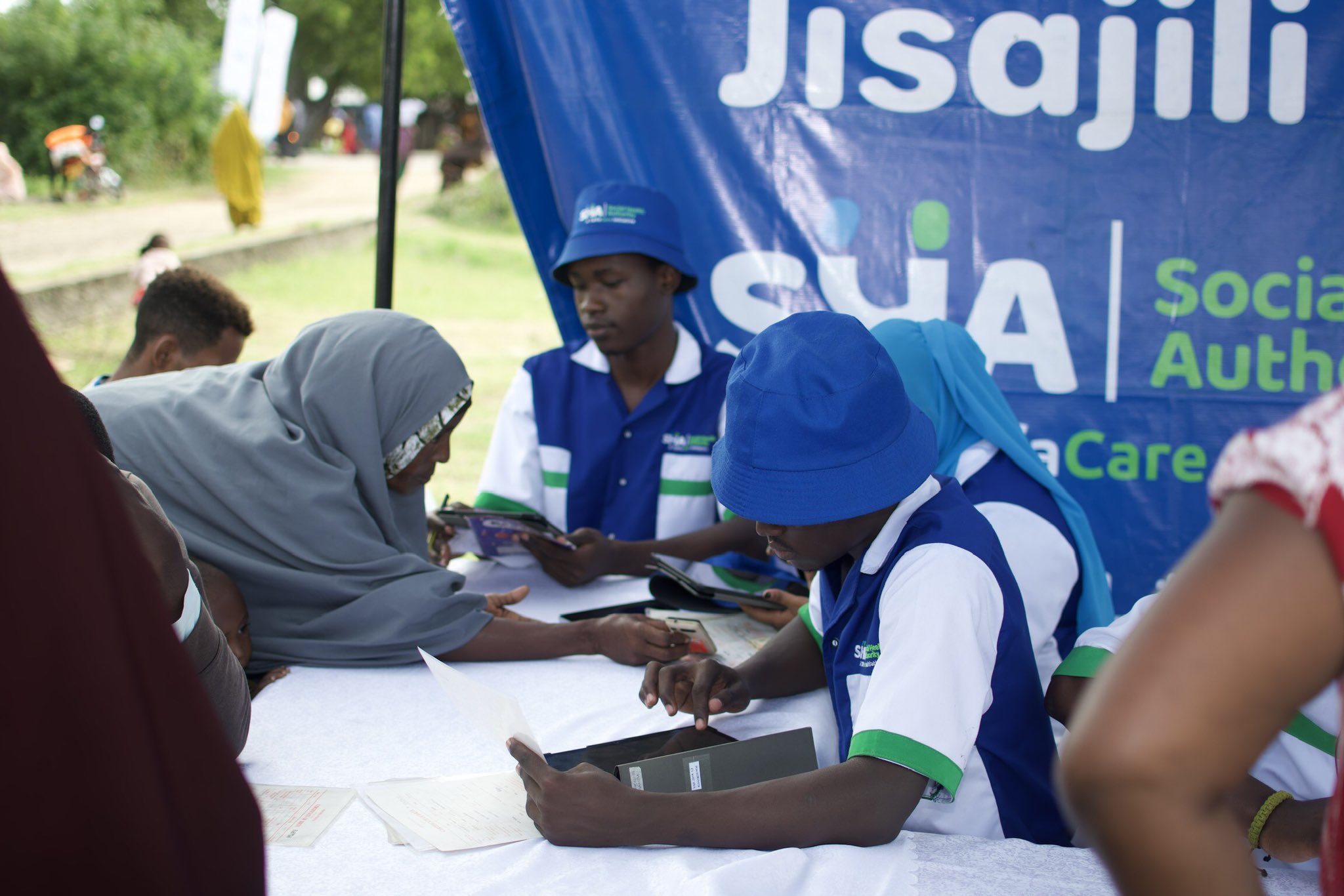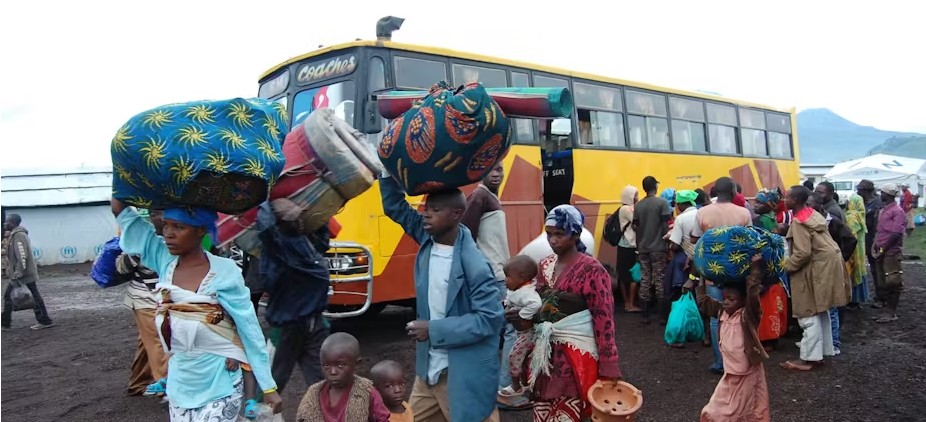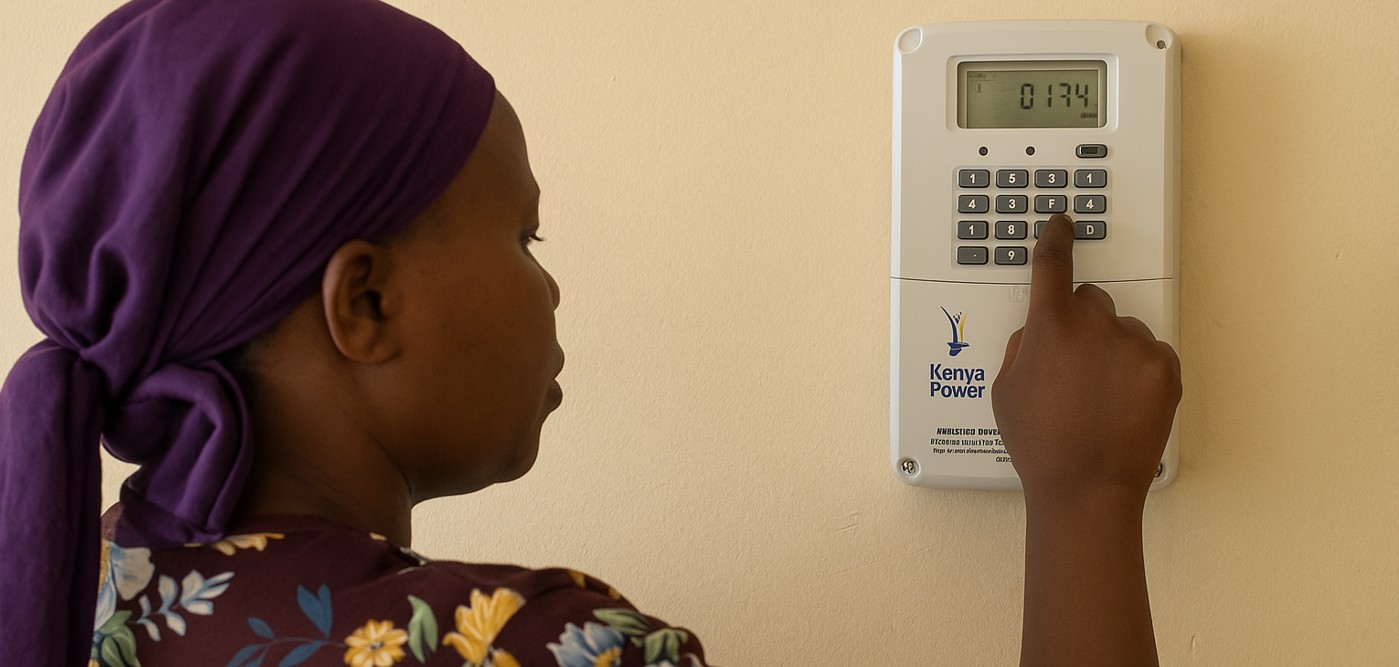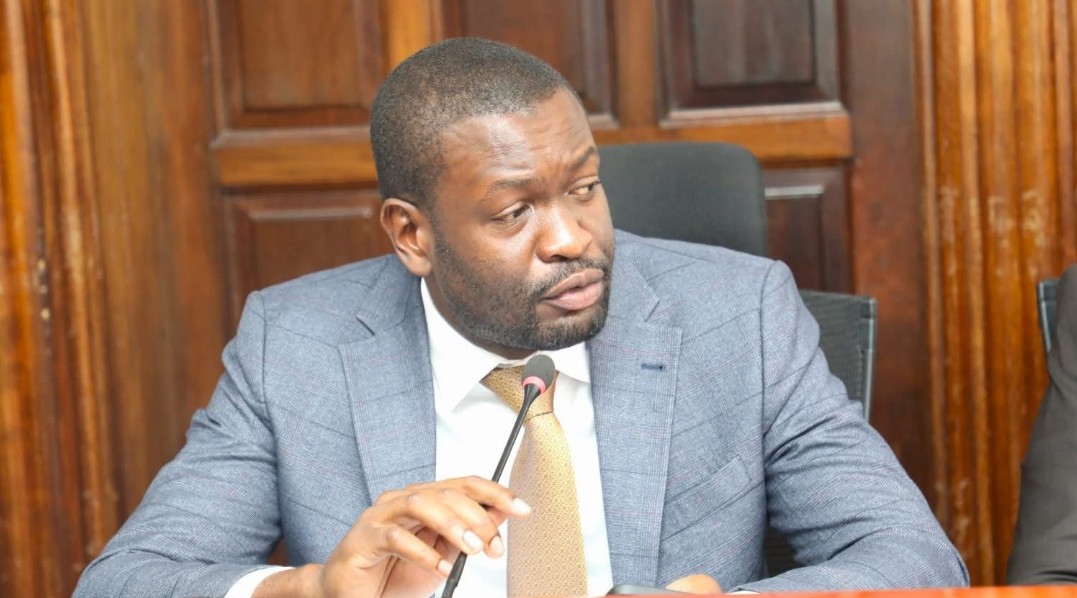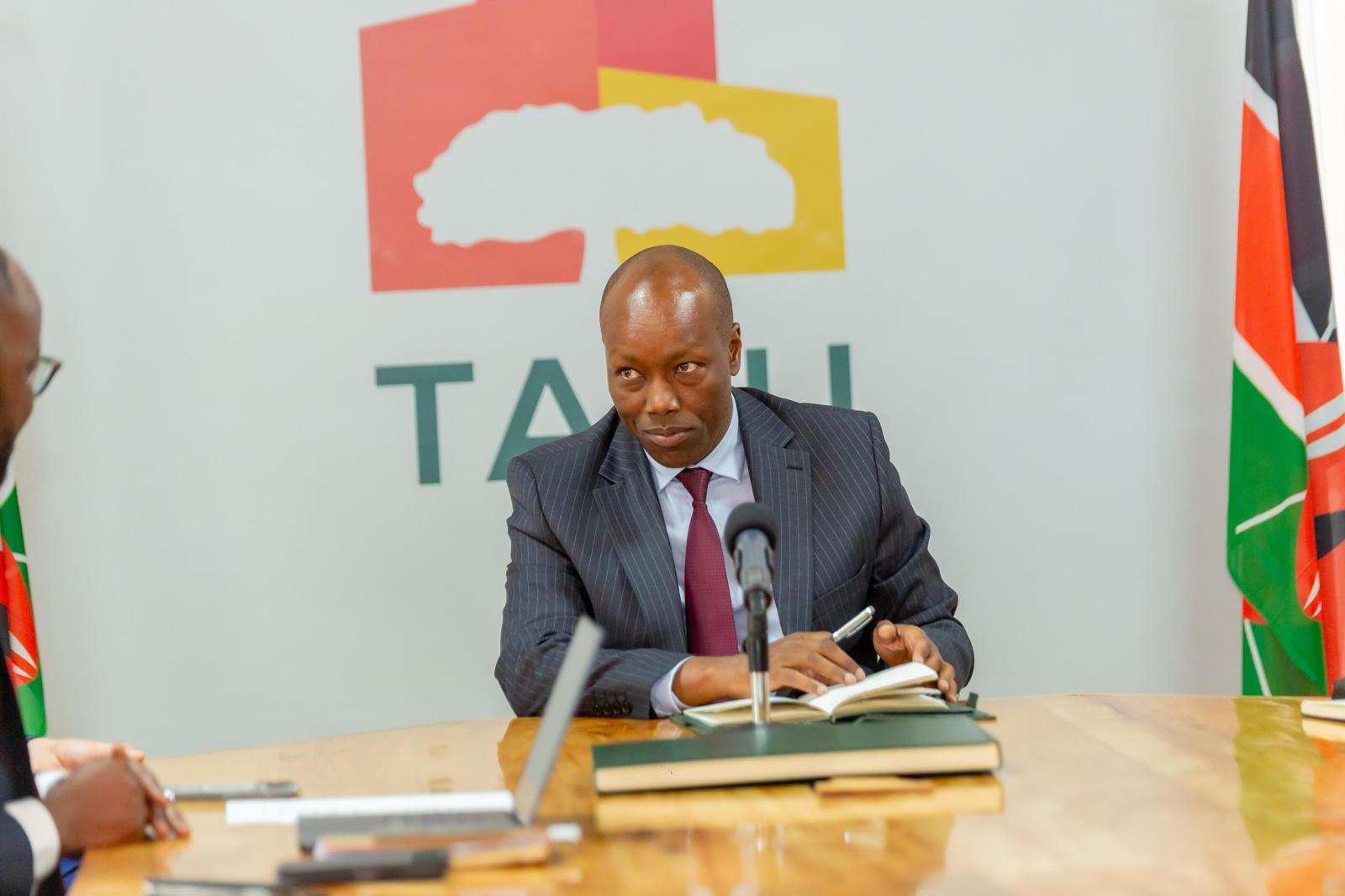Health CS Aden Duale grilled over failure to deliver care for invisible disability patients
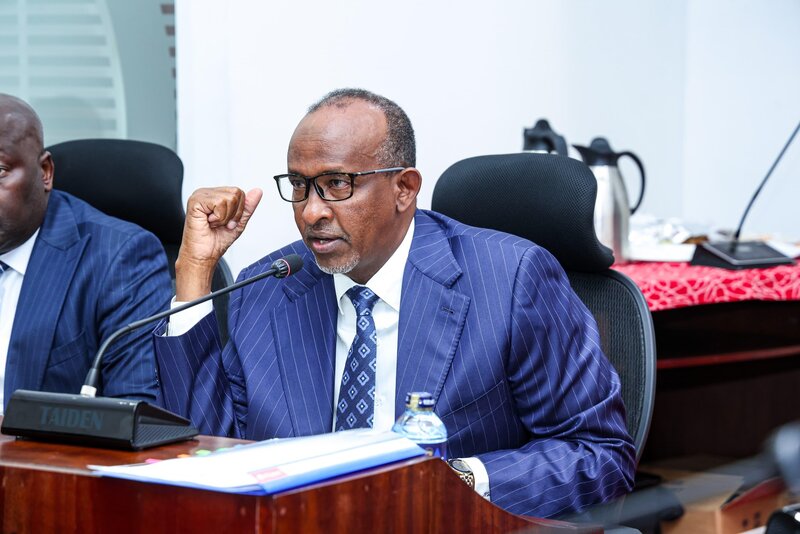
Health Cabinet Secretary Aden Duale defended the government, highlighting the Disability Medical Assessment and Categorisation Guidelines (2022), which classify conditions such as epilepsy, fibromyalgia and mental health disorders as invisible disabilities.
Senators have slammed the government over persistent neglect of persons living with invisible disabilities, accusing it of failing to translate policies and funding promises into real support on the ground.
The criticism emerged after petitioners and caregivers told the legislators that, despite policy guidelines, essential drugs remain unavailable and specialised care unaffordable for most families.
More To Read
- Health CS Duale cracks down on hospital overcrowding, demands accurate bed capacity data
- NHIF staff face fresh vetting for SHA jobs as court upholds open hiring mandate
- Private hospitals warn of health crisis as over 1,400 facilities shut down or downgraded
- Ministry of Health cracks down on bed sharing in public hospitals, labels it fraud
- KNH issues strict SHA admission guidelines to combat billing fraud
- Kenyans concerned over SHA premiums, confusion on dependents, and unclear Lipa Pole Pole model
During a Senate session convened by the Standing Committee on Labour and Social Welfare on Tuesday, Senators, stakeholders, and top government officials clashed over the state’s commitment to recognising and supporting persons with invisible disabilities.
The session followed a petition presented by Beatrice Likwop, a Kenyan living with invisible disabilities, who laid bare the policy and systemic failures she faces daily.
“Invisible disabilities are not only invisible in the body, they are invisible in the policy, invisible in the budget, invisible in the planning,” Beatrice said, her voice breaking.
“We are tired of being statistics on paper, yet nothing reaches us on the ground.”
Appearing before the committee, Health Cabinet Secretary Aden Duale defended the government, highlighting the Disability Medical Assessment and Categorisation Guidelines (2022), which classify conditions such as epilepsy, fibromyalgia and mental health disorders as invisible disabilities.
He also pointed to the rollout of the Social Health Authority (SHA) and three related funds, including the Emergency, Chronic and Critical Illness Fund, the Social Health Insurance Fund, and the Primary Health Care Fund, as evidence of ongoing government interventions.
“We are building a system where every Kenyan, visible or invisible, is treated with dignity. The patient is now the boss,” Duale said.
He added that community health promotion initiatives and the ongoing training of healthcare workers were part of the ministry’s strategy to address invisible disabilities.
However, Nominated Senator Miraj Abdulrahman demanded clear implementation timelines and accountability mechanisms.
“What are the timelines and monitoring mechanisms for these policies? What are the ministry’s strategies to make specialist care affordable for those who cannot afford private facilities?” she posed.
In response, Duale maintained that structures were in place.
“We have monitoring and evaluation mechanisms. Our timelines are embedded within the health policy frameworks and guided by our digitisation efforts. We are continuously training our healthcare workers through in-service training to build their capacity to recognise and manage invisible conditions,” he said.
But for Likwop, those assurances rang hollow.
“You read from your papers, but I live it,” she told the committee.
“You say essential drugs are provided. But I go to the hospital and I’m told they’re out of stock. I’m jobless, yet I must pay quarterly to a fund that doesn’t support me in return.”
Alice Bundia, caregiver to an autistic young adult, also voiced her frustrations.
“They’re non-speaking and locked out of homes. We need visible identifiers like sunflower bracelets for such children,” she said, highlighting how children with invisible disabilities are often mistaken for criminals and end up in police custody.
Responding to this concern, Principal Secretary for Social Protection Joseph Motari admitted that while the use of identifiers had been considered, implementation had stalled due to fears of stigmatisation.
“We are aware of the debate, but there’s concern that such identifiers may lead to further stigmatisation,” Motari explained.
Throughout the session, consensus built around several urgent reforms including formal training for health workers, teachers and law enforcement on invisible disabilities; legal and policy amendments to recognise and address invisible disabilities; home-to-home surveys to capture accurate data for planning and funding; equitable disbursement of social protection funds, including the Cash Transfer Programme; and tighter oversight of devolved health functions to ensure county governments align with national objectives.
“This is not just about policies and paperwork. It’s about dignity, about being seen, heard, and supported. We have a duty not just legally, but morally, to protect every Kenyan, especially the most unheard,” Senator Crystal Asige, the committee’s Vice-Chairperson, said.
Top Stories Today


